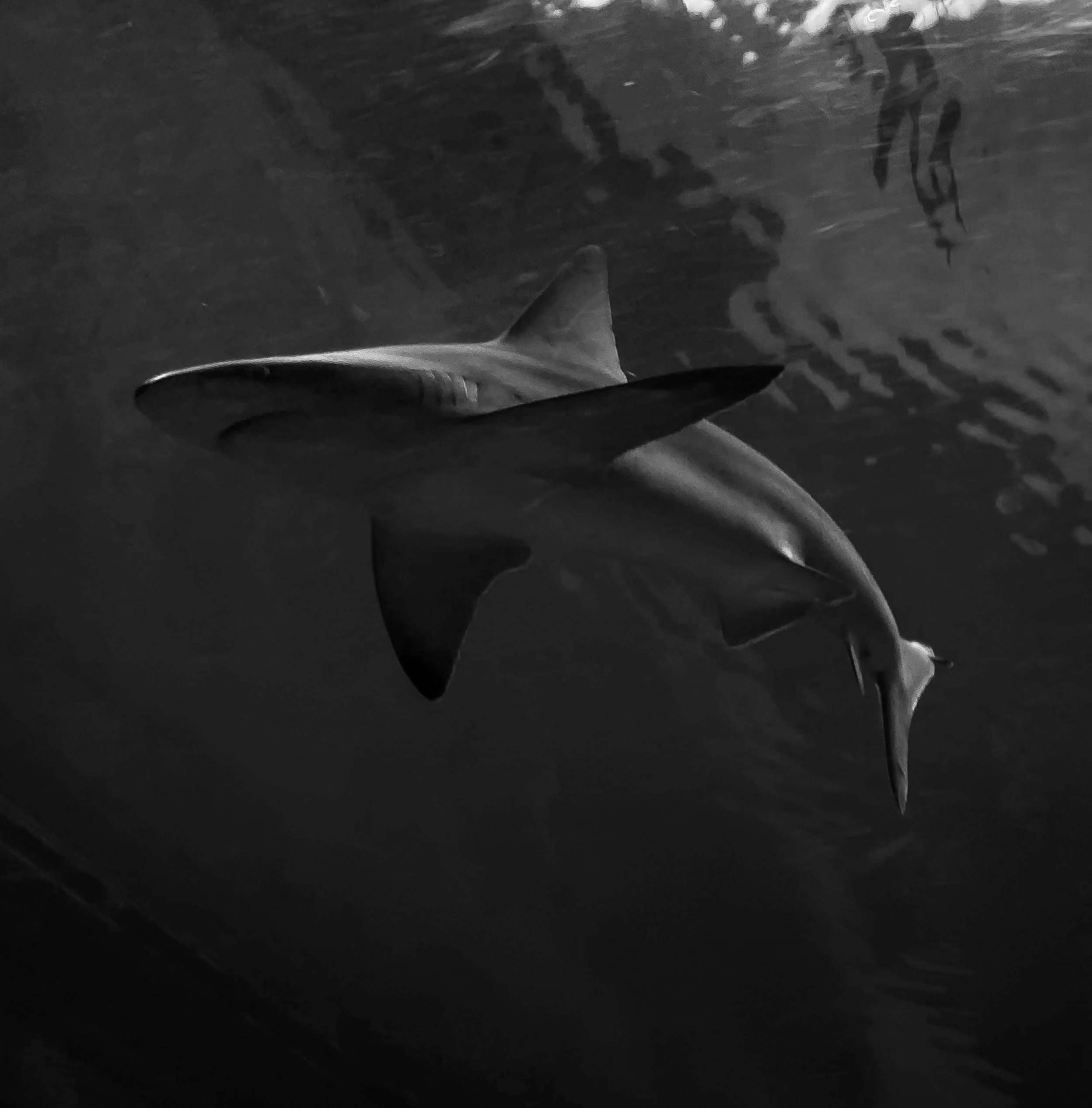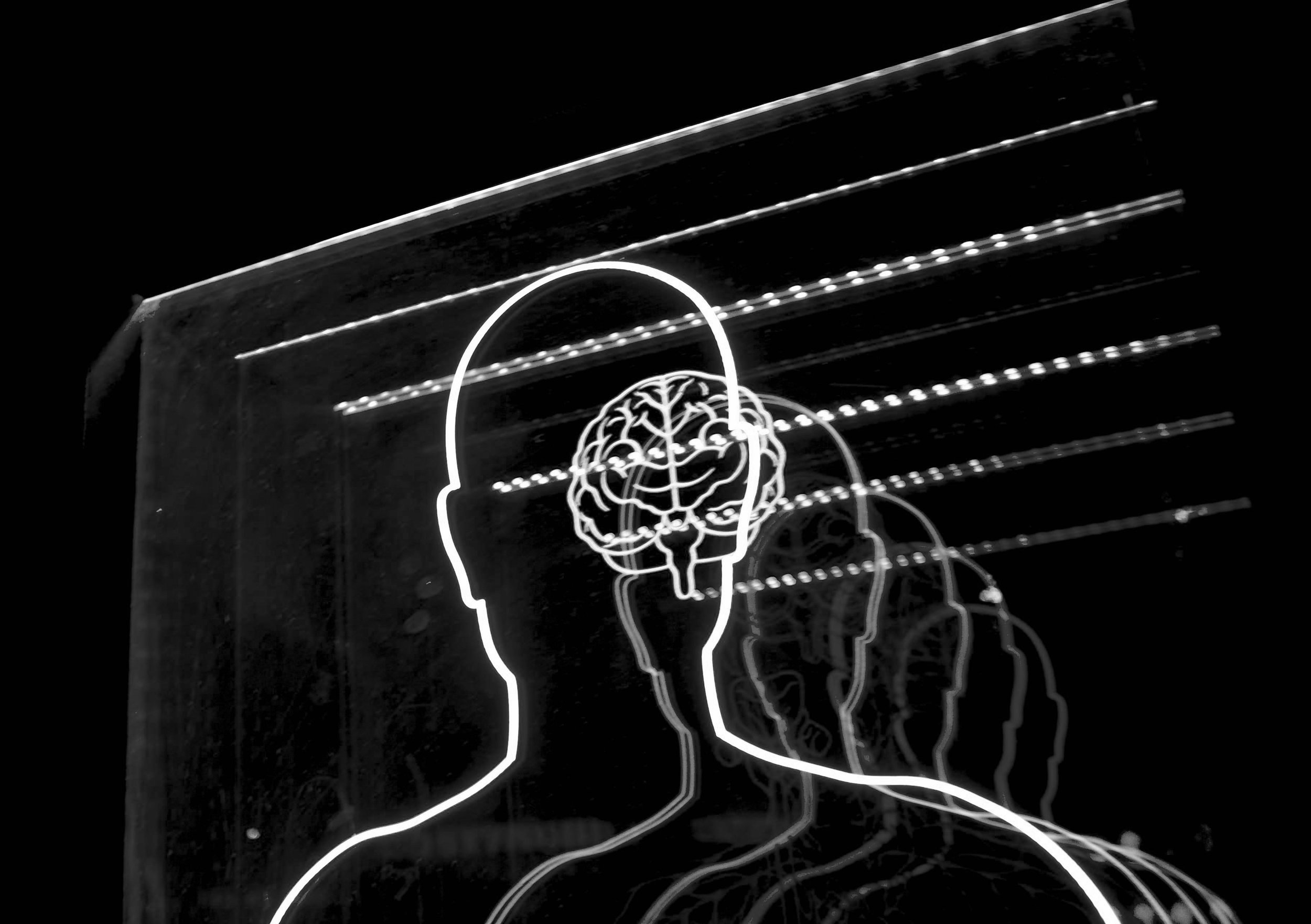

Pre-crastination
The word “procrastinate” comes from two Latin words: pro meaning “in favor of” and crastinus meaning “pertaining to tomorrow.” Someone who procrastinates favors putting something off to tomorrow. Often, this comes with an excuse. “I’ll exercise tomorrow. I’m too tired.”

Give Your Word Like a Mountaineer
How well do you steward your word? Do you launch it out there like a cannon ball, and hope that you keep it; or do you give your word like a mountaineer, with foresight and care?

The Problem with Solutions
Most people spend their lives solving one problem after another. As soon as a problem is solved, a new one pops up. In high school, your problem might be getting into a good college. In college, your problem becomes getting a good job. After getting a good job, you want to get married. Once you’re married and have kids, you have to buy a house. Once you have a house, you focus on retiring. And so on and so forth until the day you die.

Tolerating Tepid Water
I turned the unfamiliar dial all the way to the left and the water was still lukewarm. “I guess that will be good enough,” I said to myself. I was away from home. I wasn’t sure what to expect regarding water temperature. Midway through the shower, I started to get cold. I gave the shower dial one more try. I turned the dial harder and lo and behold, it moved! The water was no longer tepid, and I was able to take a nice hot shower.

Trapped in the Toolbox
We live in a world flooded with information about how to do practically everything. Pick your project: losing weight, gaining muscle, cutting debt, getting rich, minimizing distraction, increasing productivity, etc. Whatever your goal may be, there’s an infinite number of useful tools to help you get there. And this leads to a peculiar problem—it is easy to become trapped in the toolbox. Rather than getting dirty and using the tools, you can easily spend your time researching, thinking, and getting ready to do the work.

Beat the Next Boss
In many video games, there is often a more challenging enemy, called a boss, at the end of each level. To get to the next level you have to beat the boss. When you’ve defeated the boss at each level, you beat the game. You rescue the princess, save the world, etc. The path to victory is clear. You just have to beat every boss and work your way through all the levels.

Unconscious Competence as a Superpower
What’s something you know so well that you don’t have to think about it? Tying your shoes, brushing your teeth, or throwing a ball might be examples of actions you are able to accomplish with virtually no reflection. If I asked you, “What’s eight times eight?” you might automatically respond “64.” If that’s the case, you know this fact so well that you can access it effortlessly. Reading these words and understanding them is another example of this sort of reflexive knowledge.

The Perfect Teacher for You
In her book, I Need Your Love — Is That True? Byron Katie says, “There is no mistake about the person you're with; he or she is the perfect teacher for you, whether or not the relationship works out, and once you enter inquiry, you come to see that clearly. There's never a mistake in the universe.”

Your Inner Little Prince
You’re meant to be a king—but instead there’s an unruly little prince running your life. This is what Jen Sincero argues in her book, You Are a Badass at Making Money. She explains how most of us fail to live the greatness we’re called to because we are held back by a collection of limiting beliefs absorbed during childhood. This is what she calls the “little prince.”

Avoiding the Unknown
Creating pocket holes is rather easy. This is what I discovered when I took the time to set up my jig last weekend. Before that, it sat on a shelf for months. I avoided getting started on building some drawers because learning how to use the jig occurred to me as a difficult step. It wasn’t hard in itself, but since it was unknown, there were countless times that I chose to work on another project instead. Once I took the time to actually learn how to use the jig, I was tickled by how long I had avoided it.

Cultural Animals
Crows can do some pretty amazing things. They can shape hooks from wire to extract bugs from crevices in trees. They can be taught to identify a triangle from a group of various shapes. Beyond these skills, they even seem to be able to do some rudimentary abstracting. For example, once they’ve learned how to make hooks, they can make them out of new materials they have never seen before. If they’ve learned how to identify triangles made of one substance, they can correctly identify the triangle even if its color or material differs from the triangle they were trained with.

Sharks in the Water
Swimming at night, on the surface, with blood in the water. Three things you are not supposed to do if you want to avoid being attacked by a shark. And yet, the camp counselor I was talking with did all three of these things regularly during his night-time spearfishing adventures.

The Unexamined Year Is Not Worth Living
Unlike the future, the past is fixed. Since 2022 has already happened, the fruit is ready to harvest. All we have to do is to examine our year. Author and podcaster, Tim Ferris, has a great process for doing just this, called a Past Year Review. A Past Year Review leads us to prioritize the things that lead us to flourish and to be aware of those things that do not.

The Fruitfulness of Public Agreements
A consequence of being a social animal is that we care about what other members of our species think of us. Our reputation in our community is an important factor in determining our success. In order to be perceived as reliable, we must honor the agreements we make with others. For all of the above reasons, we have a strong desire to appear consistent with our word.

Language, Liquor, and Failing Your Way to Success
“If you’re not failing, you’re not pushing your limits, and if you’re not pushing your limits, you’re not maximizing your potential.” As with foreign language acquisition, making progress in anything means risking failure.

Hear the Words, Listen to the Music, Watch the Dance
While reading the book, Never Split the Difference: Negotiating As If Your Life Depended On It, written by hostage negotiator Chris Voss, I was surprised to learn how much the FBI has borrowed from therapy to improve the effectiveness of their hostage negotiations. Voss writes, “Most of the time you’ll have a wealth of information from the other person’s words, tone, and body language. We call that trinity ‘words, music, and dance.’ ”

The Significance of Surprise
“Peekaboo!” I said to my baby son with a smile, as I popped my head up over the railing. He grinned, laughed, and squealed with glee. Why do babies experience so much joy at being surprised? For that matter, why is surprise an element in so many aspects of adult life as well? We conceal Christmas gifts with wrapping paper. We prefer that marriage proposals happen at an unexpected moment. We marvel at surprise-twist endings in the movies. There seems to be no clear survival benefit to doing these things. Could there be some deeper significance to surprise?

The Architecture of Your Life
There is an architecture that shapes your person much more than the building you live in. The complex web of your thoughts, actions, and relationships all work together to shape who you will become. The good news is that just as you can remodel the building you live in, you can also change the thoughts you dwell upon, the actions you take, and the relationships you choose to cultivate.

The Fish Wheel
A fish wheel is an ingenious machine that is used to catch salmon in Alaska. A giant wheel is propelled by the current of a river and as it turns, its large baskets occasionally scoop up fish. Even if it isn’t successful on each turn, over the long run, it can produce a substantial catch.

How Did You Get Here?
When we jump into the middle of a movie, even our best inferences about the path that led up to the current scene are likely to be mistaken. Similarly, we usually only see people’s external actions, and we can be mistaken in how we trace the path from their actions, to their emotions, to the thoughts they may be having.
